
Variety wrote a puff piece about the recent Superman and Fantastic Four live action movies, claiming they “succeeded” in restoring a “campy” approach to scriptwriting, which can imply a more cartoony form of storytelling that even the comic books of the past supposedly all subscribed to in every way. At the beginning, they sugarcoated the box office intake:
Summer 2025 was always going to be a critical season for superhero cinema. Fans and critics alike knew that the fate of Warner Brothers’ DC Studios depended on the success of James Gunn’s “Superman” and that “The Fantastic Four: First Steps” would launch Phase Six of the Marvel Cinematic Universe after the franchise saw wilting box office returns across Phases Four and Five. Fortunately, both movies garnered fan appreciation and performed respectably at the box office.
As has been previously reported, neither film has performed as well as hoped, and the failure of Variety’s writer to provide clear sales figures speaks volumes. That can actually call into question whether fan “appreciation” truly applies, as a result.
The films could owe their successes to solid scripts, iconic characters and ubiquitous marketing. However, they also share a distinct quality that has evaded comic book adaptations over the past couple of decades. Both “Superman” and “Fantastic Four: First Steps” feel like… comic books.
Comic books are, of course, a broad medium that can vary from the action packed to the avant garde. They also offer bright colors, quippish dialogue, and cartoonish superheroes showcasing powers that can almost border on the absurd. This is what comic books came to be in their Golden and Silver Eras in the 1940s and 1960s, respectively, when heroes like Superman and Fantastic Four were making their earliest appearances on the page.
Despite this legacy, most superhero movies over the past two decades have kept a safe distance from such comic book associations. Certain elements of iconography carried over, but the tone has mostly been serious, toeing a delicate line to appease fans while also attracting general audiences of all ages and backgrounds. For this reason, movies like “X-Men,” “Iron Man,” and “Man of Steel” feel like comic book characters dropped into a real world, rather than existing in the cartoon settings of their source materials.

What they feel like is live action sci-fi fare, a product of a mindset that can’t appreciate animation, where some of this stuff could actually come off more convincingly, if much of the USA didn’t take such a condescending view of the art form, which all but led to its ghettoization as a “children’s medium” for many years, and it wasn’t until the late 80s when the Simpsons came about that animation at least was considered worthwhile for family audiences, if not adults. In the past decade, however, animation in the USA started becoming politicized, and when marketed at children, that’s one more reason why animation remains otherwise unappreciated.
Earlier film adaptations of superhero comics were less shy about their characters’ campy roots. The 1960s “Batman” series was notoriously kitschy, yet it became a cultural phenomenon. Christopher Reeve’s “Superman” movies or Tim Burton’s “Batman” and “Batman Returns” were a bit less sardonic, but still retained cartoonish elements. Towards the end of the millennium, however, the camp had worn thin with Joel Schumacher’s “Batman Forever” and “Batman & Robin,” which were criticized for their childish takes on the caped crusader. When “Batman & Robin” flopped in 1997, it briefly scared off Hollywood from making movies with costumed heroes.
To revive the genre, superhero movies had to learn to take themselves more seriously. Accordingly, “Blade,” “X-Men,” and “Spider-Man” changed the tune. While these franchises have some cheesy moments by today’s standards, they marked a more realistic departure from the ’90s superhero style. This trend reached a zenith in 2008 with Christopher Nolan’s “The Dark Knight,” an emphatically grounded superhero movie that garnered critical praise uncommon of the genre.
Although some films like “Man of Steel,” “Batman v Superman: Dawn of Justice” and “Thor: The Dark World” might have been criticized for being too brooding, a populist balance of humorous dialogue mixed with high-stakes action proved the genre’s tried-and-true formula worked. On the other hand, a few superhero movies, such as “Ant-Man,” “Shazam!” and “Guardians of the Galaxy,” might’ve offered more comedy than others, but they all still felt of the real world and made for the multiplexes rather than lifted from the panels.
In the 2020s, however, the superhero genre has arguably lost some of its popularity. While the tone and formula hasn’t changed too drastically, the movies do not earn as much money or inspire the same fanaticism. This year, however, “Superman” and “Fantastic Four: First Steps” represented a break with tradition.
Again, tell us about it. What hasn’t changed – and is arguably the real issue – is the new obsession with divisive politics. It’s practically what the Capt. Marvel movie built upon, and sure didn’t do it a lot of good in the long run, seeing how The Marvels sequel was such a fiasco. Variety’s writers, as expected, won’t ask even the tiniest question whether far-left ideologies are helping the films’ box office intake, and if they won’t do so, they can’t be surprised if any further sequels might garner less. Unless perhaps they’re willing to tone down the horrid politics, perhaps?
Shortly after the above article, Variety also wrote the following:
This summer, though, the release of two vital, game-changing superhero movies created a kind of Christmas in July. With “Superman” and “The Fantastic Four: First Steps,” DC and Marvel, the reigning studio factories of superhero movies, have brought off more than just a course correction. They have, in effect, started over, relaunching expectations for a bold new era in which comic-book movies become successful again by avoiding the addictive missteps of the past. Both films have connected with audiences the old-fashioned way: by merging spectacle and emotion, infusing their iconic characters with the kind of human relatability that got squashed in the superhero-overkill era.
Just as expected, no mention of divisive political metaphors, and how can emotion and spectacle work well based on that problem? What some people even now may not consider is that, despite all wishes for the contrary, the film industry is still pretty woke, and unlikely to change so easily at this point. What’s so old fashioned about that?
That said, even two terrific flagship movies do not a revolution make. James Gunn, the co-chairman of DC Studios (and, not so incidentally, the writer-director of “Superman”), and Kevin Feige, the president of Marvel Studios, have both spoken of the new era they’re embarking upon in the abashed, let’s-own-our-failures language of recovering addicts. Gunn has vowed that he won’t put a superhero movie into production until it has a fully realized, well-carpentered script — the absence of good scripts, in the face of ever-more-bombastic onslaughts of CGI, being the most notorious feature of bad comic-book movies. And Feige has vowed that he’ll produce fewer films and TV spinoffs, and exert the kind of quality control that went out the window at Marvel as the studio went on its bender of more, and lesser, comic-book product. You deeply want to believe these two, because they sound like they mean it, and because anyone who cares about the future of movies has a vested interest in seeing Hollywood maintain a thriving and creatively disciplined blockbuster culture.
While it’s been reported the Superman film may see a sequel or a Supergirl followup, if any planned productions go through, what’s really grating is whether they draw from Tom King‘s writings. Any “emotion” in his stories is contrived and forced in the worst ways, is not organic, and all he cared about was taking apart what better writers of the past century built up. That’s why I’ll be steering clear of these films, because I don’t want to put money into his pockets at the box office. Sorry, but, I can’t believe those two.
I believe Gunn and Feige when they say they’re newly committed to quality control. The challenge they’re going to face is this: As their shiny new universes grow ever more complicated and multi, which is going to start happening in about five minutes, the new DC and Marvel are going to lose, by definition, the elemental, no-strings-attached quality that “Superman” and “The Fantastic Four” have. They’re going to become glorified puzzle pieces again, fitting into a larger more elaborate whole that…we once again stop giving a damn about? I’d be a cynic if I said that was destined to be true. I’d be a realist if I said there’s a very good chance it could be.
If they won’t refrain from divisive political metaphors, then the writer’s not being a realist, so much as he’s shy about taking an objective viewpoint. And, no quality control anywhere. One of the main reasons all this wokery’s gone on is because the MSM won’t complain or protest. Why, there’s only so much they refuse to take an objective viewpoint of for many years now, even back in comicdom. That’s why, if the comics to film projects still don’t take off, you can’t expect them to recover so easily at all. Which might actually be good for comicdom itself. But until then, chances are we’ll still have only so much going awry.
One more thing: I do think cartoonish action is quite fine in science-fantasy, provided that the cards are played right in development. But again, when divisive ideologies are even so much as alluded to in these comics and films, that demolishes the ability to truly appreciate what the tale is like.
Originally published here


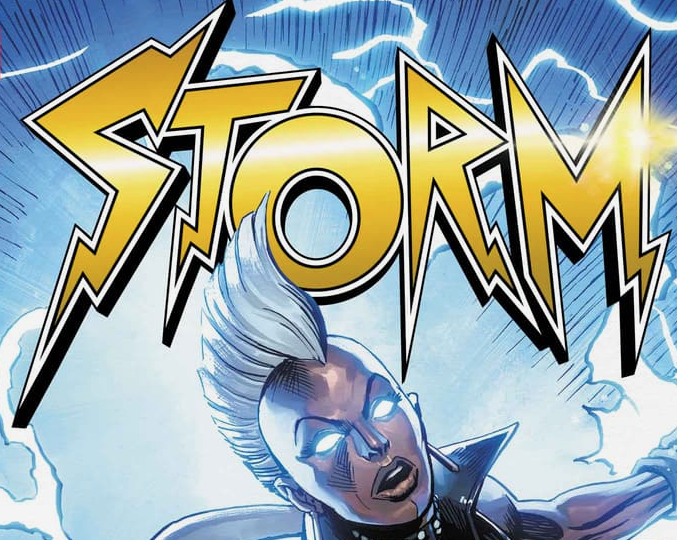
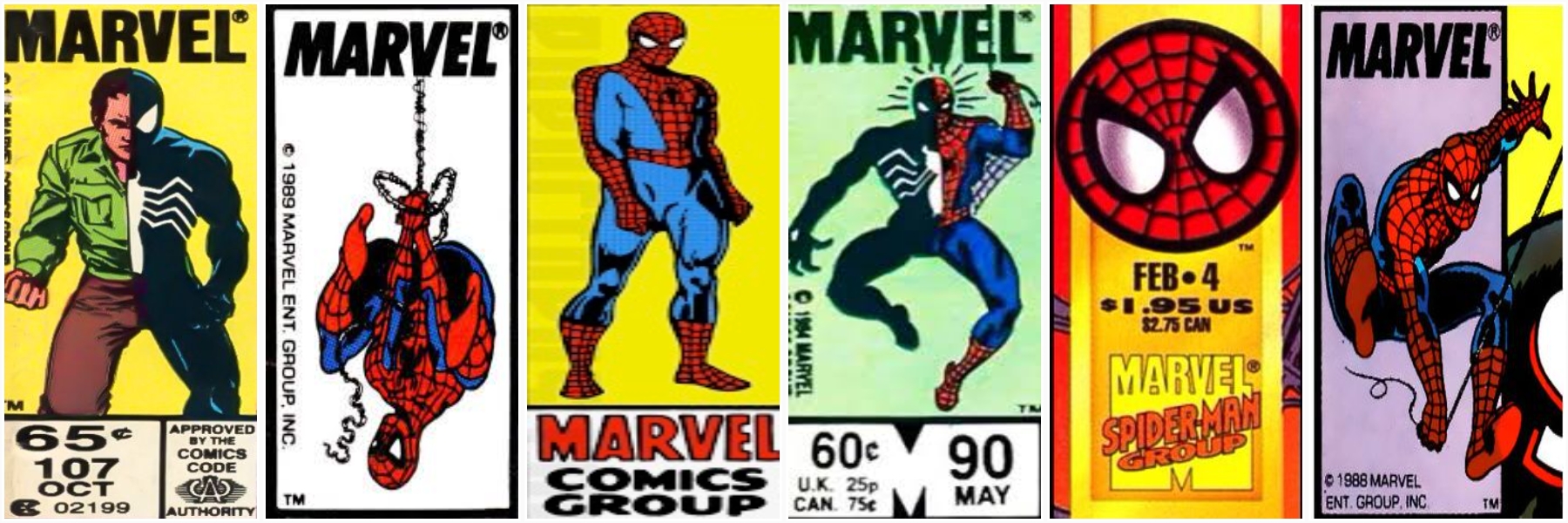

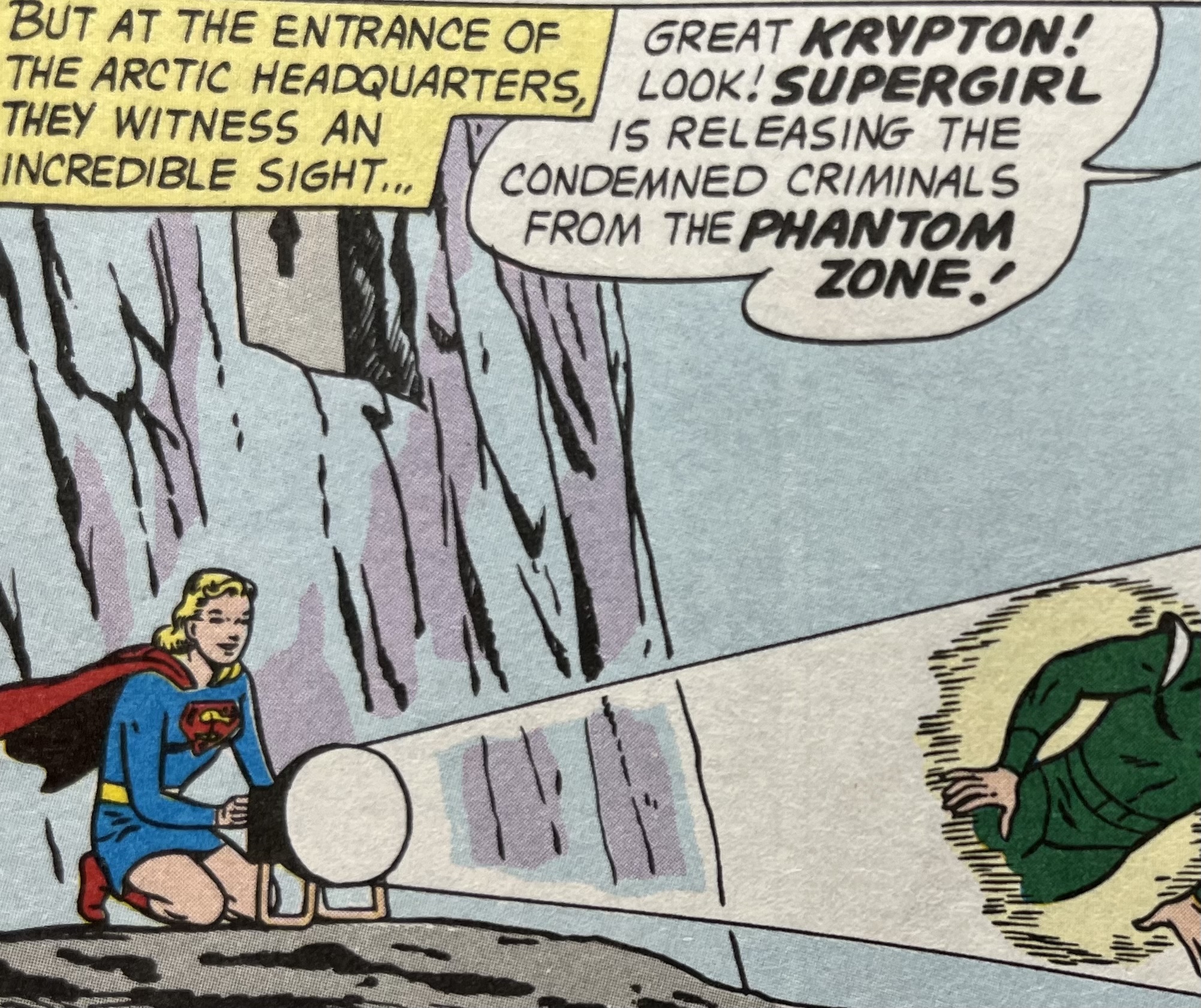
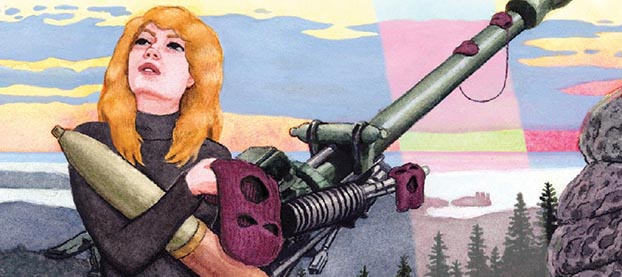
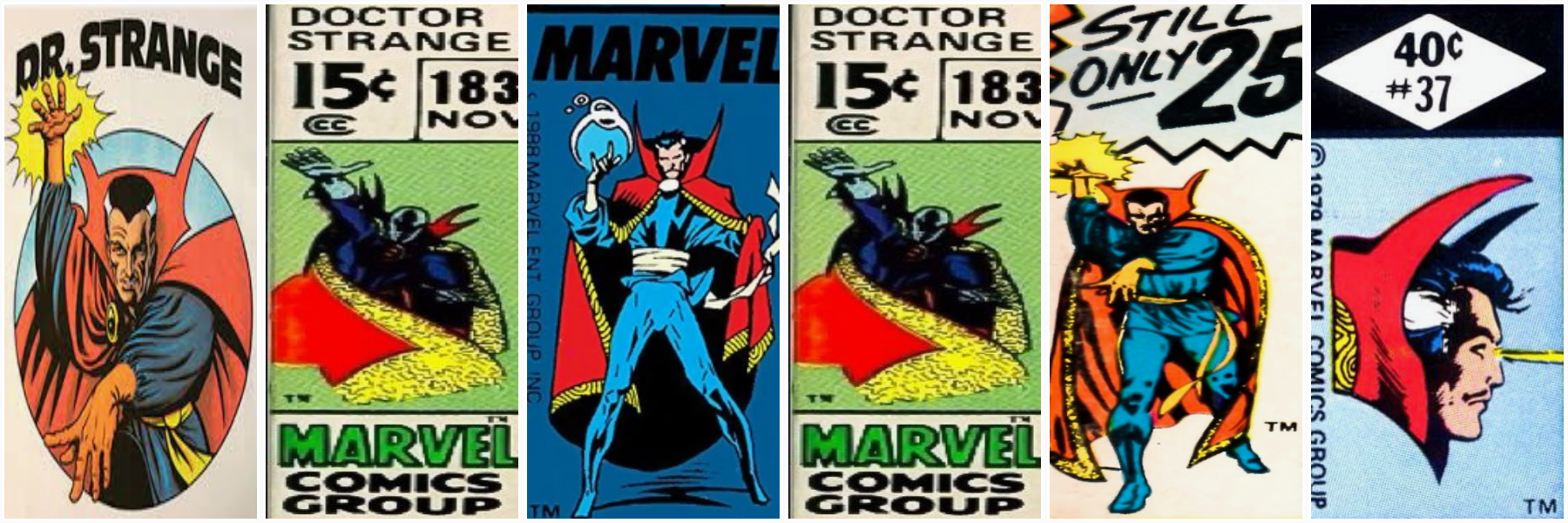





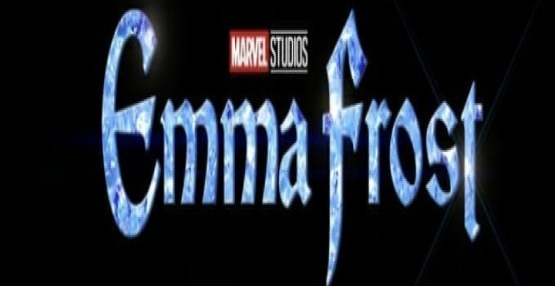

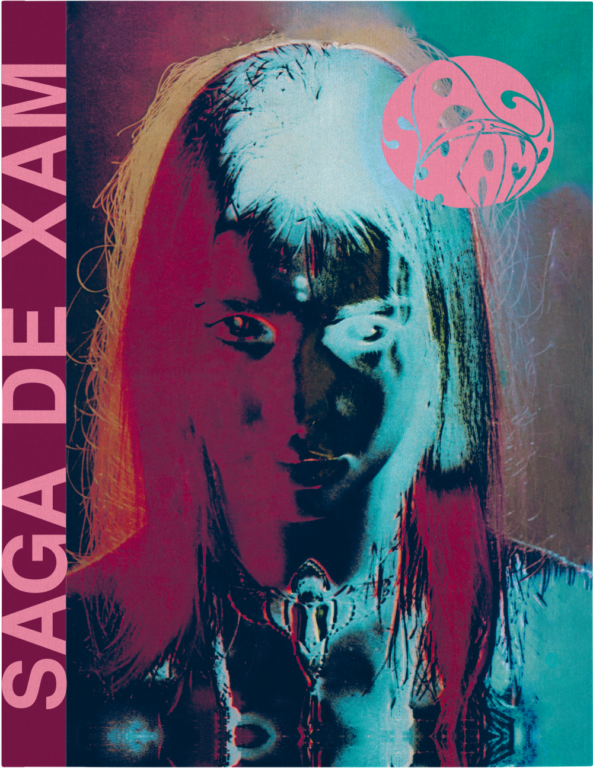

!["Superman" (2025) Brings Heart, High Stakes, and Surprising Twists [SPOILER-FILLED REVIEW]](https://www.supermansupersite.com/Superman_2025_Retro_Poster.jpg)

 English (US) ·
English (US) ·